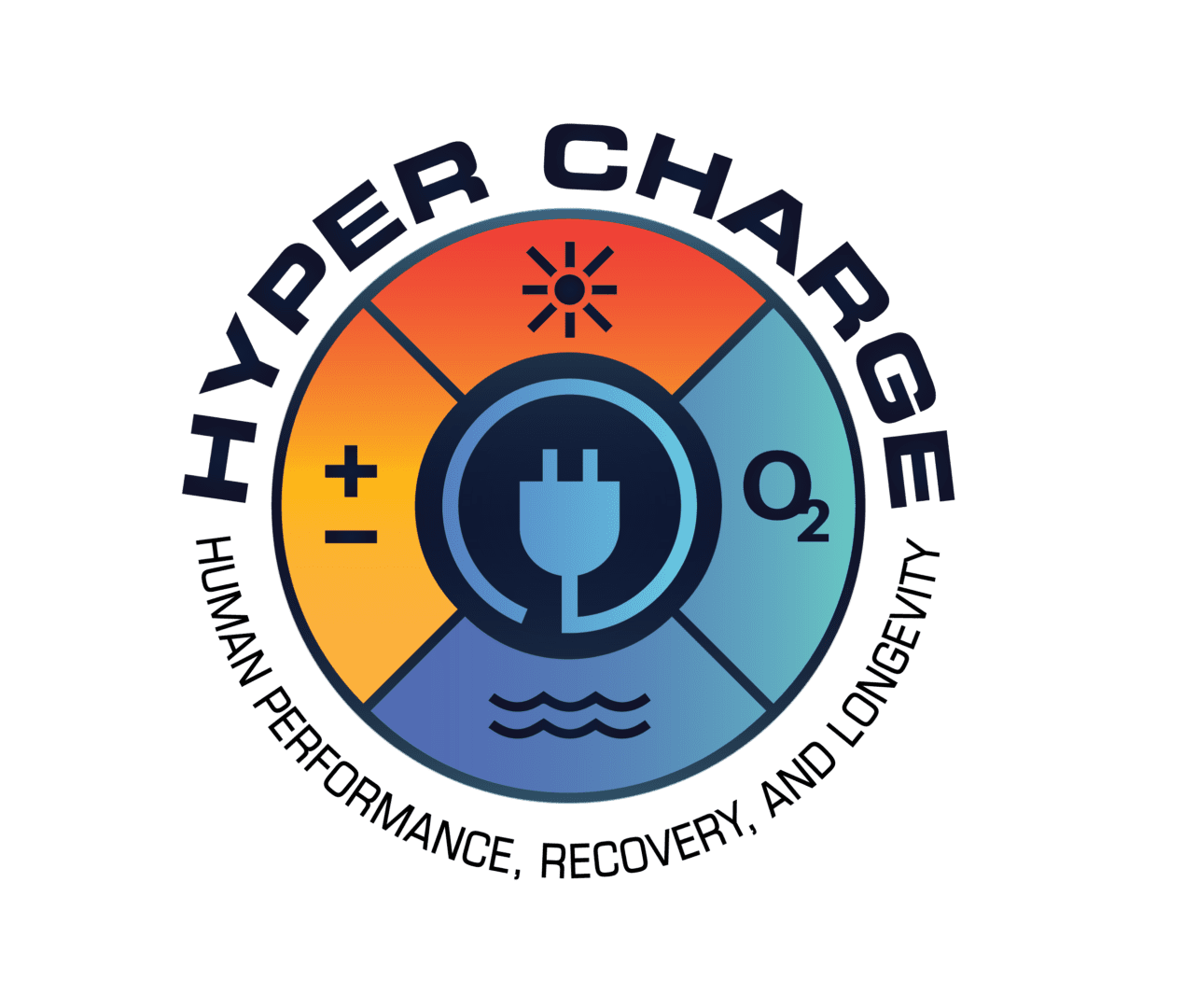Muscle soreness is an indication that you recently exposed your muscles to repetitive physical strain. This soreness can set in after an intense workout, after an athletic practice or game, or after a day spent raking leaves in your yard. Soreness may only be mildly or moderately uncomfortable, but since it can affect future athletic performance or leave you at an increased risk of injury if not properly managed, it’s important that you work to prevent and treat muscle soreness. Below, we share some tips for preventing and treating muscle soreness after exercise.
Why Does Muscle Soreness Develop?
After a workout, you may experience what is known as Delayed Onset Muscle Soreness, or DOMS. DOMS can lead to pain, stiffness or a burning sensation in our muscles after strenuous activity. But what’s going on behind the scenes that leads to this muscle soreness?
Eccentric exercises cause a contraction of the muscle while the muscle is lengthening, which can place significant strain on your muscle fibers. This can lead to microscopic tears in the muscle fibers, and while this is also an essential part of muscle development, in the short-term these microtears can lead to the onset of localized inflammation as your body works to repair these fibers. Continuing to physically exert yourself while this inflammation is present and before these microtears have healed can put you at risk of strains and muscular tears.
DOMS typically develops when a person takes on a greater physical challenge than their body is prepared for. If you regularly run two miles a couple times a week, there’s a good chance that your soreness is pretty minimal the next day. However, if you tried to run five miles, you’ll likely feel the effects of this major increase in activity the next day in the form of soreness. This is why we always recommend that you ease into physical activity and you gradually increase your distance or duration. It’s also why we recommend that athletes start to physically prepare for the rigors of an upcoming sports season so that they don’t go from limited physical activity to the stress of tryouts or two-a-day practices.
Treating Muscle Soreness
Muscle soreness typically resolves so long as you give your body enough time to recover before jumping back into intense physical activity. This recovery period can vary significantly from person to person, and it’s oftentimes shorter for people who regularly exercise and are smart about increasing their activity intensity. So while you may not need to proactively work in order to allow this muscle soreness to heal, there are plenty of athletes and exercise enthusiasts who want to do what they can to help this soreness resolve so that they can get back to the physical activities they love without discomfort or an increased risk of injury.
But what are some of the best ways to expedite the muscle repair process? Some effective methods include:
- Stretching after a workout
- Ice/Heating pads
- Massage/Theragun treatment
- Foam Rollers
- Eating a healthy diet and staying hydrated
One way to resolve muscle soreness even sooner is through a treatment we offer at HyperCharge Clinic, which is Red Light Therapy. Red Light Therapy and Class IV Laser Therapy sends near-infrared light through the skin to affect your body at a cellular level. It has been clinically proven that exposure to light at specific wavelengths can improve mitochondria function, which helps the cell perform numerous processes, including cellular and tissue repair. You can essentially use light therapy to energize your cells to speed up the tissue repair process, helping to mend these muscle microtears and allowing you to get back to athletic activity sooner. We treat many athletes with red light therapy on a regular basis, but they certainly aren’t our only clientele. Many active adults find that red light therapy can calm aching joints and help them find more energy to live their active lifestyle.
So if you’re looking to resolve muscle soreness sooner and improve your athletic performance, consider reaching out to the team at HyperCharge Clinic. We’re confident we can find the right treatment to help you maximize your athletic performance. For more information, give our team a call today at (763) 717-8745.
